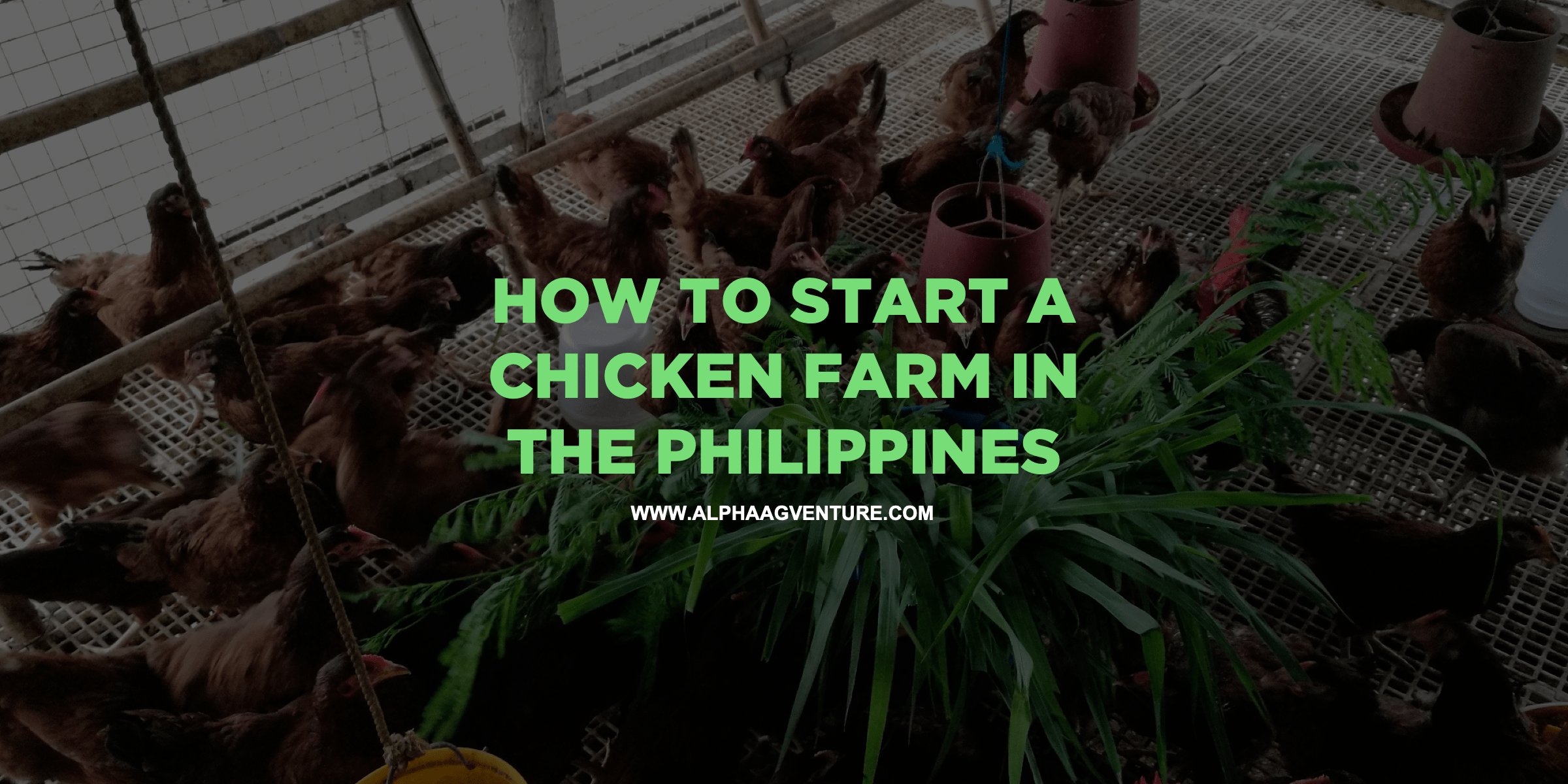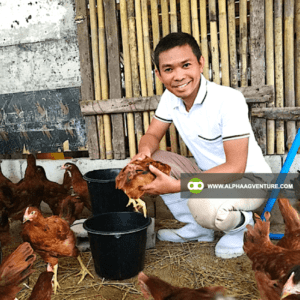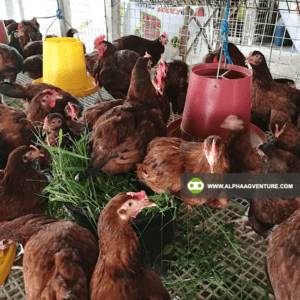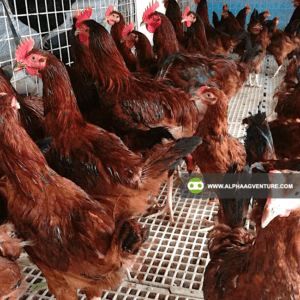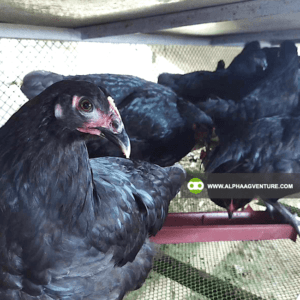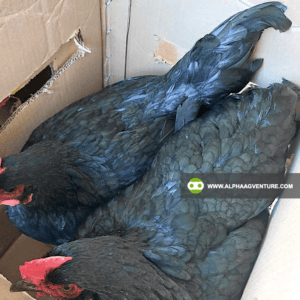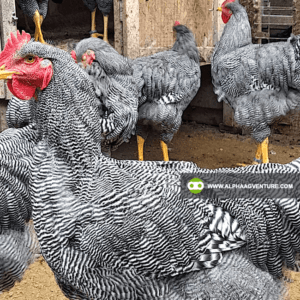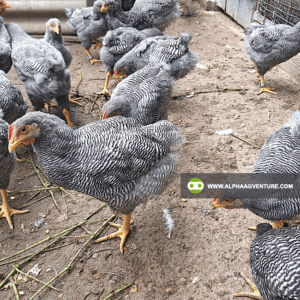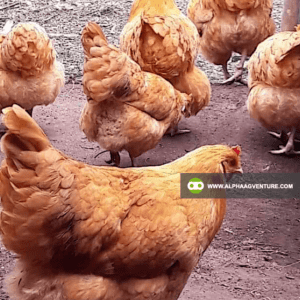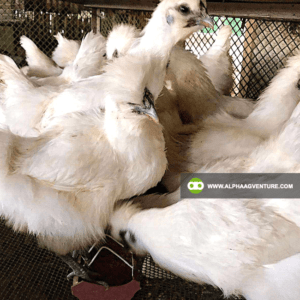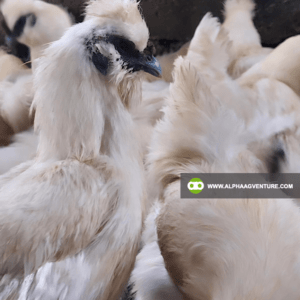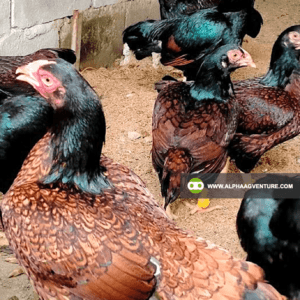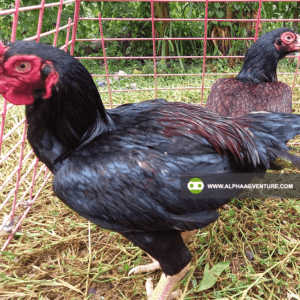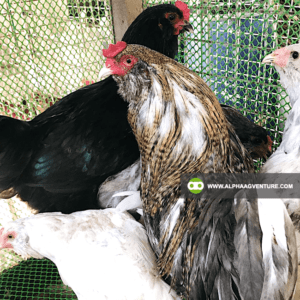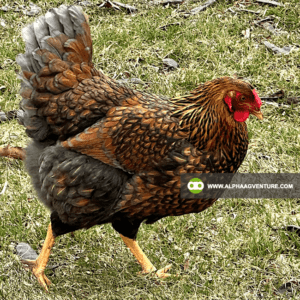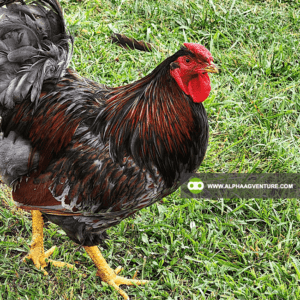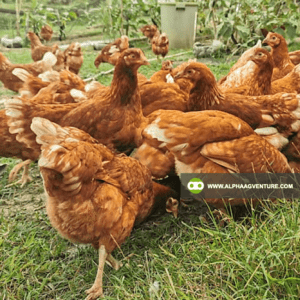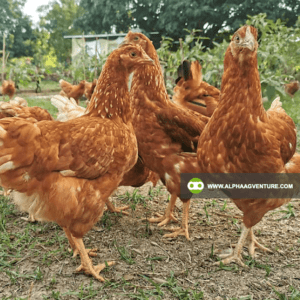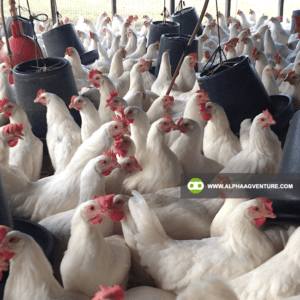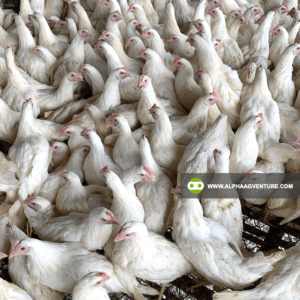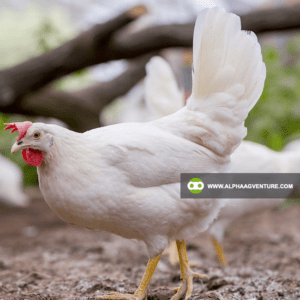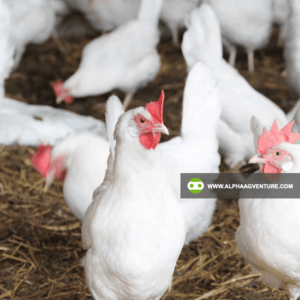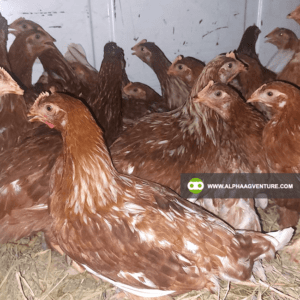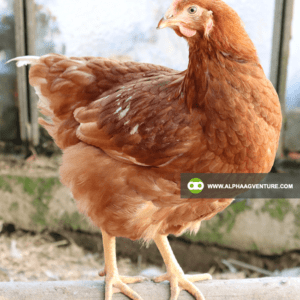Are you interested in starting a chicken farm in the Philippines?
It’s an excellent opportunity to venture into poultry farming and meet the demand for chicken products in the country.
Whether you’re a high school student or someone looking to start a business, this article will provide you with specific and easy-to-follow tips on how to get started with your chicken farm.
Determine Your Goals
Before diving into chicken farming, it’s important to set clear goals for your business. Ask yourself what you want to achieve with your chicken farm. Are you looking to raise chickens for meat or eggs? Understanding your goals will help you make informed decisions and develop a suitable plan.
Research the Market
Conduct thorough market research to understand the demand for chicken products in your municipality, town, or region in the Philippines. This will help you determine the potential profitability of your chicken farm. Look into the local consumption patterns, prices, and competition in the area you plan to operate. This knowledge will guide your business strategies and help you make informed decisions. The three modules of my online chicken farming seminar will help you prepare. You don’t need to grope in the dark.
Choose the Right Location
Selecting the right location is important for the success of your chicken farm. Find an area that offers a suitable climate, access to utilities, and proximity to your target market. Adequate space is also essential for accommodating the chicken houses, feeding areas, and other necessary infrastructure. These are some of the many things I emphasize in the first module of my chicken farming seminar.
Acquire Necessary Permits and Licenses
Before starting your chicken farm, you must obtain the required permits and licenses from the appropriate government agencies. This includes registering your business, securing a mayor’s permit, and complying with health and safety regulations. Visit your local government offices or seek guidance from a professional to ensure you meet all legal requirements. Coordinate with your barangay officials. Find out if there are barangay ordinances related to chicken farming.
Set Up the Infrastructure
Once you have secured the necessary permits, it’s time to set up the infrastructure for your chicken farm. This includes constructing chicken houses, feeding and watering systems, and waste management facilities. Ensure that the housing provides adequate space, ventilation, and protection from predators. This is biosecurity 101.
Choose the Right Chicken Breed
Selecting the right chicken breed is essential for the success of your farm. Different breeds have varying characteristics, such as egg-laying capacity, meat production, and disease resistance. Consider factors like local demand, climate suitability, and availability of breeds when making your selection. I have 10 breeds of chickens as of October 2024.
Ameraucana chickens are known for their blue eggs and are excellent layers. Black Australorps excel in egg production, often laying 250+ eggs annually. Barred Plymouth Rocks are great triple-purpose birds, valued for eggs, meat, and breeding. Buff Orpingtons are calm and perfect for meat, eggs, and breeding. Chinese Silkies, with unique fluffy plumage, are prized for ornamental and breeding purposes. Dekalb Browns and Tetra Browns are high-performing egg layers, and Dekalb Whites and ISA Whites also stand out for egg production efficiency. Rhode Island Reds thrive in egg and meat production. Cornish chickens are ideal for meat. Wyandottes are beautiful and reliable egg layers.
Source Quality Chicks or Breeding Materials
Look for reputable hatcheries or suppliers that provide healthy and disease-free chicks, pullets, and cockerels. Proper handling and transportation are crucial to maintain their viability, so make sure you choose reliable sources. Check out the packages of Alpha Agventure Farms for Rhode Island Reds. See which age group suits your budget and plan.
Develop a Feeding Program
Proper nutrition is vital for the growth and health of your chickens. Consult with a poultry nutritionist or veterinarian to develop a feeding program that meets the specific nutritional requirements of your chosen breed. Ensure a balanced diet with the right combination of proteins, carbohydrates, vitamins, and minerals. You don’t need to worry about this when you attend the first module of my online chicken farming seminar. I will teach you my entire cultural management when raising chickens.
Implement Good Biosecurity Measures
Disease prevention is essential in poultry farming. Implement good biosecurity measures to protect your chickens from infections and diseases. This includes controlling access to the farm, maintaining cleanliness, disinfecting equipment, and practicing proper waste management. Regular vaccination and health check-ups are also crucial. You will also learn my Vaccination Program and Disease Prevention in my online chicken farming seminar.
Monitor Growth and Performance
Keep a close eye on the growth and performance of your chickens. Monitor their weight, feed consumption, egg production (if applicable), and overall health. Regularly record this data to identify any trends or issues that need attention. This will help you make informed decisions regarding feeding, management, and future breed selection. Record-keeping and monitoring is one of the many lessons you’ll learn in my chicken farming seminar.
Establish Marketing Channels
Once your chickens are ready for sale, establish marketing channels to reach your target customers. Consider local markets, grocery stores, restaurants, and direct selling to consumers. Build relationships with potential buyers and promote the quality and uniqueness of your products. This is where social capitalism and excellent marketing skills come handy. I can teach you my marketing styles and strategies in the second module of my online chicken farming seminar.
Starting a chicken farm in the Philippines requires careful planning, knowledge of poultry farming practices, and dedication. By following these specific and easy-to-follow tips, you can lay a strong foundation for a successful chicken farming business. Check out our chicken farming-related videos on the RESOURCES section of our website. Remember to continuously learn, adapt, and improve your practices to stay competitive in the market and meet the needs of your customers. Good luck on your chicken farming journey!
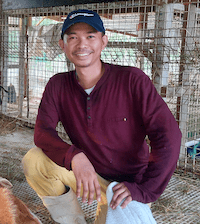
Mr. Jaycee de Guzman is a self-taught agriculturist and the founder and patriarch of Alpha Agventure Farms, recognized as the leading backyard farm in the Philippines. With a rich background in livestock farming dating back to the early 1990s, Mr. de Guzman combines his expertise in agriculture with over 20 years of experience in computer science, digital marketing, and finance. His diverse skill set and leadership have been instrumental in the success of Alpha Agventure Farms.


